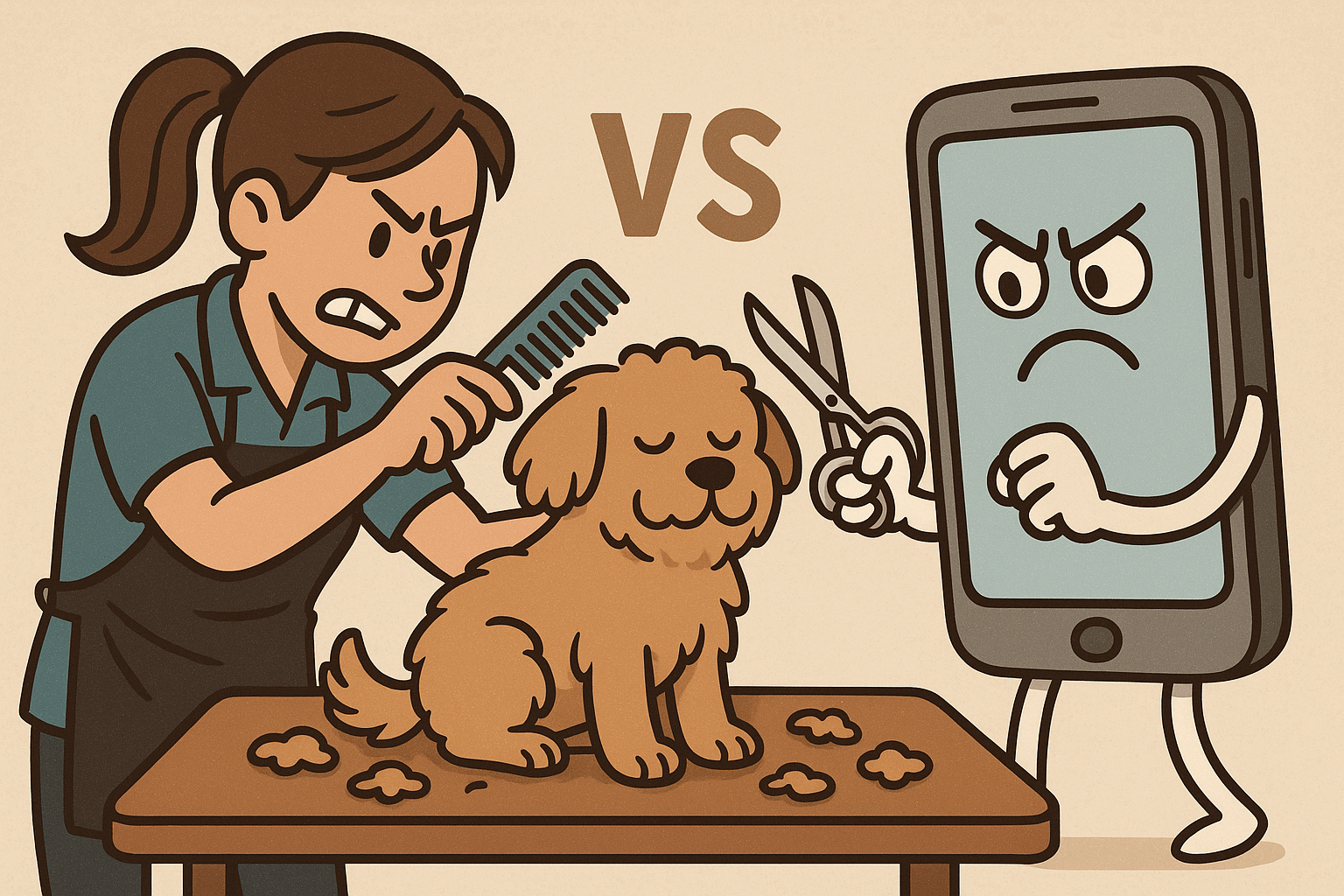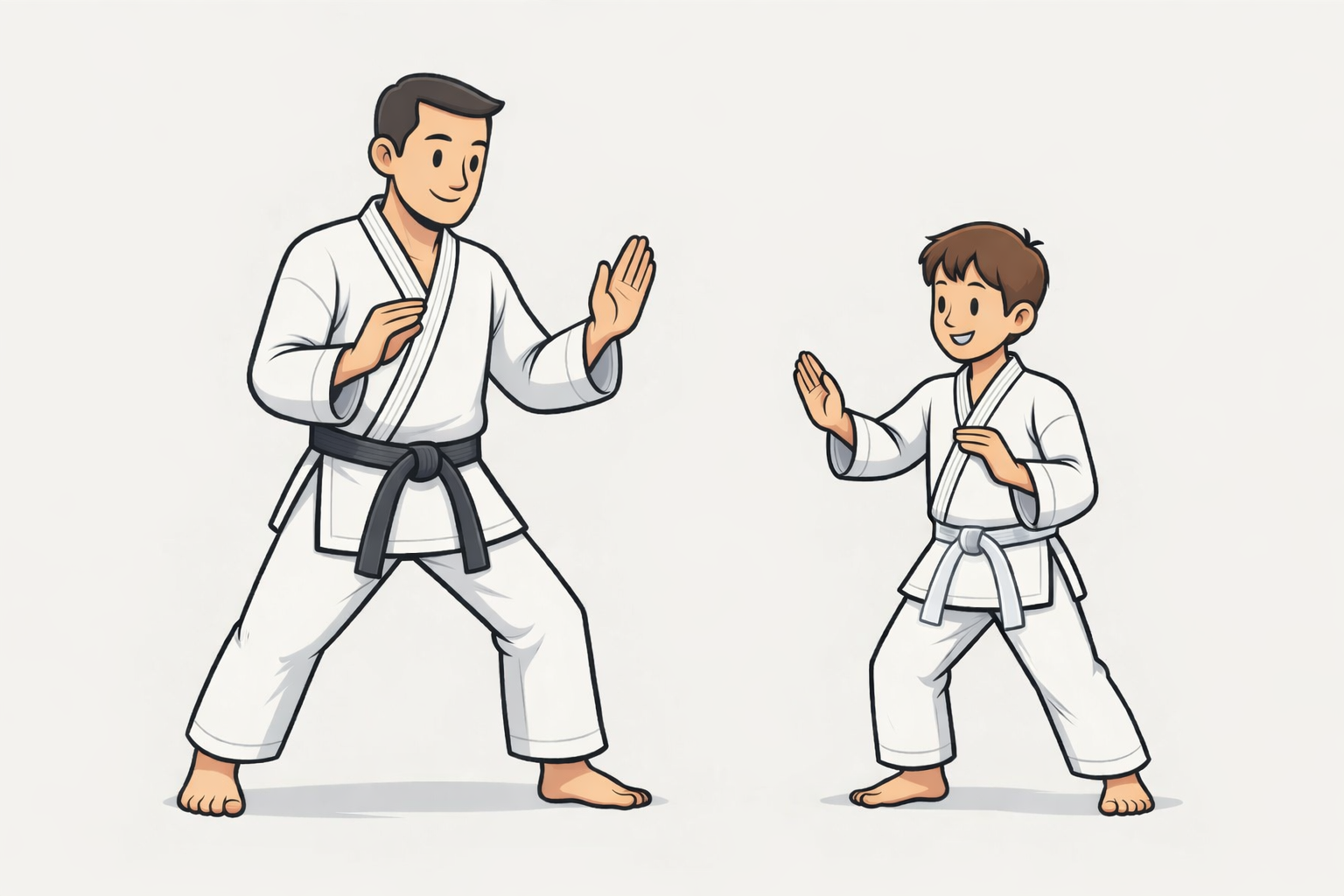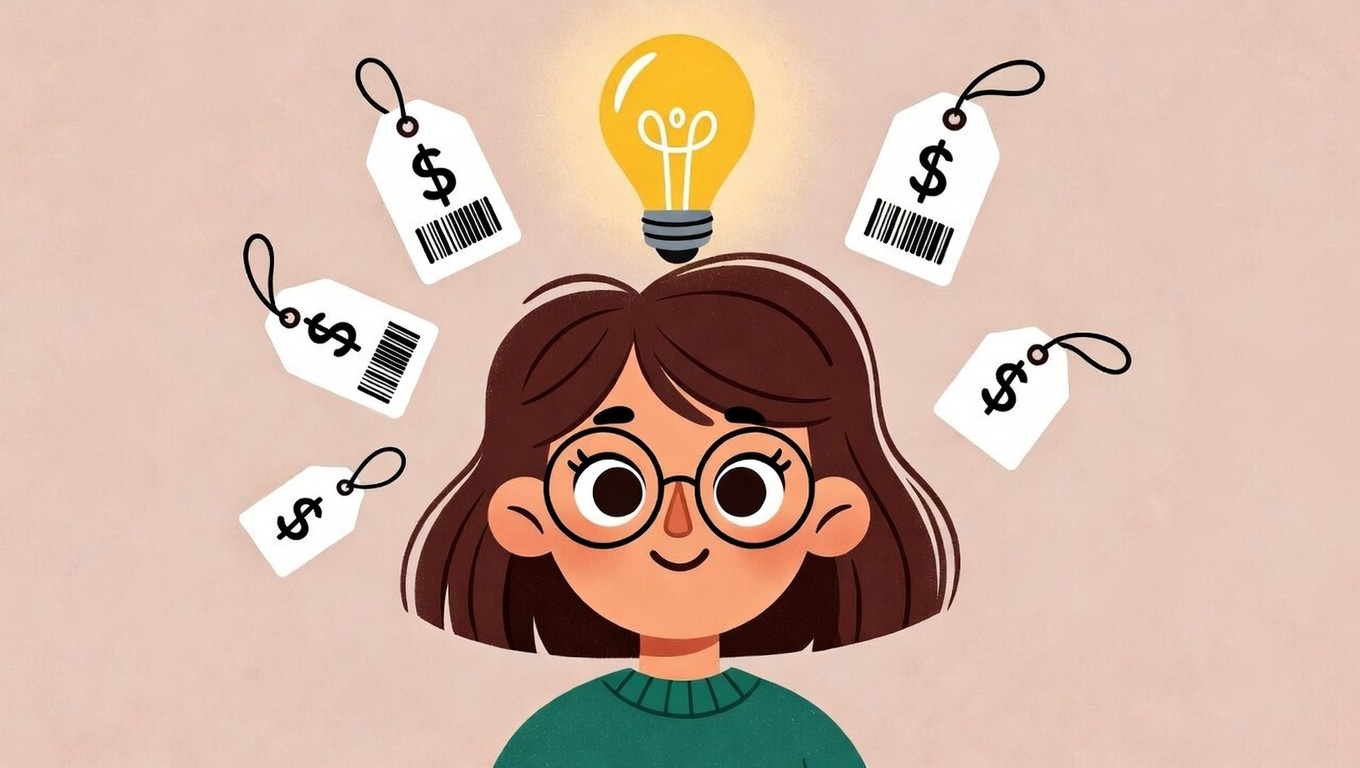21st Century Personal Service Business Trends, Part I: Is AI Coming for Your Pet Grooming Business?

If you have enough energy at the end of your day to stay on top of the news, you’ve been inundated with stories about the AI revolution. And depending on who you’re reading, that revolution is either going to lead to a bright shiny future of uber-helpful AI agents and intuitive robots. Or that future is going to lead to the end of the world as we know it—without a catchy REM soundtrack to go along with it.
What you won’t read very often are stories about the limited impact of AI. But there are so many ways that AI is not going to radically transform the way we do business. It might seem strange that a technology company is downplaying AI, but it shouldn’t. We love AI. We’re building AI tools, and we’re avid users of Copilot, ChatGPT, Grok, Claude and Gemini. But AI is not going to shut down your veterinarian, start teaching your daughter dance, tutor your kid in Spanish, or push your physical therapist into the bread line.
Yes, even your dog groomer will begin to use AI tools to help improve the personal services they deliver. Hairdressers will probably interact with AI agents to help recommend products to their clients. But for many service businesses, that will be the extent of it. Some things will become more efficient. Some things will become more customizable. And some things will, also and unfortunately, become more irritating.
Let’s take a look at some personal service trends that AI won’t radically transform, before we look at the thingsit might in the next installment.
AI-Schmai
Everything is becoming more human, not less: One of the big changes in personal service businesses in the last 20 years is personalization. When I was a young man training in martial arts and preparing for grad school, everything was focused on the one right way to do whatever. The right way to train. The right way to study. The right way to write. The right way to sing.
Now almost everyone accepts that there’s more than one right way to do most things. Personal service businesses that thrive recognize difference and support it. AI is going to expand business owner’s abilities to personalize their services, but it can’t possibly replace the people doing it.
Personal services thrive on connection. Your teacher, your school, your therapist, your coach is an intimate part of your personal growth. The people who are best at caring for their client’s needs have always succeeded, and AI is going to be a nice accessory for them, the way smart watches are a nice accessory. But it’s not going to be a revolution.
Meatspace will always rank higher than cyberspace: The pandemic impacted society’s trajectory in ways we can’t yet foresee, but one thing it revealed is this: virtual services are indispensable when they support physical human contact and are somewhere between frustrating and harmful when used as a replacement.
Businesses that tried to stay online after lockdowns ended were clobbered by businesses that resumed services in person. On the other hand, businesses that haven’t, yet, integrated more sophisticated virtual tools in the last few years, are being left behind by their digitally savvy competitors.
To illustrate, we live in a small village in the Hudson Valley about an hour north of New York City by train.Most of the service businesses here aren’t even part of the digital revolution let alone the AI revolution. Some of them still use fax machines!
But you know what? For the most part, they’re doing just fine. There are online alternatives for most of them, but they’re booked up most of the time. Why? Because meatspace trumps cyberspace. People like to do business with their neighbors. The only reason for the small personal service businesses around us to adopt more sophisticated software tools is to make their lives and the lives of their customers easier, not necessarily to substantially improve their productivity.
But as soon as the competition increases and your neighbors become less familiar, efficiency begins to matter. People have so many choices that speed and consistency become key ingredients in a service business’s success. If you’re too slow to respond to an inquiry, don’t follow up enough, don’t make planning and decision making accessible to your clients, or don’t allow them to access services in virtual and asynchronous ways, then out of desperation they’ll take their business to someone who will.
Even a very large “faceless”corporation who promises maximum convenience and consistency, but little personality, becomes a desirable alternative. Of course, when you combine cyberspace convenience and consistency, with human presence and personality, the result is an unstoppable service business. But it’s unstoppable because the tools improve access to the humans, not because they replace them.
Every personal service business requires the same ingredient to succeed: caring.
There are a lot of complex reasons why tools like AI hallucinate. If you’re not sure what AI hallucination is, it’s a euphemism for the fake information authoritatively generated by AI tools. They do it all the time. In some tests certain models hallucinate nearly 80% of the time (sorry for the paywall).
AI companies will tell you that it’s just a matter of time before they get this under control, and the number of hallucinations approaches 0. I’m certainly rooting for them. I use AI tools all the time. And it’s irritating to regularly verify the information I’m given in case it’s made up, or only half right.
And look, I’m confident they will improve in this area. They will get better. But I am very skeptical that the models themselves will substantially improve in this area because the models don’t care if they’re right or wrong. Humans are the ones who care.
And we all understand the difference between someone who cares and someone who doesn’t. People who care engender our trust. They inspire our loyalty. When people care about the job they’re doing, they invest their time and energy, and it shows in the results.
When a teacher holds you over 5 minutes to help you work on a difficult skill, or your dog groomer takes extra care to send you fun before and after pics of your favorite pooch, that happens because those people care about the job they’re doing. It’s not about the money. I mean, it’s not a charity. They want to be paid for their time like all professionals do. But care trumps money.
You can’t program an AI to “care” because caring isn’t quantifiable. It’s a qualitative response to a spontaneous relationship. This is what makes small service businesses successful, and it’s what causes large service businesses to falter. In caring hands, AI will help small service businesses more effectively tend to their customer base. But for large companies a different trend will emerge.
Many (most?) large and rapidly scaling businesses will use AI tools to try to make up for a lack of caring in a bid to increase efficiency. They will become a substitute for larger businesses, the way other productivity tools have become a substitute for human resource deficiencies. The best of these businesses will avoid this trap by giving their human workforce access to AI tools so they can use them in intelligent and flexible ways. These businesses will thrive and capture significant marketshare.
Where large and rapidly scaling businesses fail to do this, AI and the more sophisticated software tools that have emerged in the last decade will present a huge opportunity for small businesses. Because they have more skin-in-the-game, because they care more about the services they’re providing, they will be able to hold their marketshare even against large very well-funded competitors.
Caring can be aped by AI, but it will always be a poor substitute for human relations because LLMs feel no pride, pain, or shame.
Conclusion (TLDR)
AI is a fantastic tool for augmenting what humans are uniquely capable of doing. That is, caring about one another and caring about their own relationship to their work. The trends in the personal service industry over the last twenty years have transformed the way services are delivered. Services are becoming more tailored, customized, and sensitive to individual customer’s needs. AI will only enhance that. Not replace it.
People become attached to people and this carries over to personal service businesses. Customer loyalty is a significant advantage for small service businesses once they establish their reliability and competence. Familiarity, proximity, and rapport are huge assets and virtual tools simply do not match up well against these kinds of advantages.
Lastly, AI and other more sophisticated software tools that have been developed in the last decade will level the playing field between large enterprise businesses and small to medium-sized businesses. They will create a tremendous opportunity for small business growth. On the other hand, large businesses who use these tools wisely, will have an opportunity to shore up their vulnerabilities, and deliver services which are more human, not less.
Look out for my next entry on AI trends in the personal service industry.
Articles & resources
Actionable insights, tips, and tools for growing your service business. From customer retention to smarter scheduling, explore ideas to help your business thrive.



